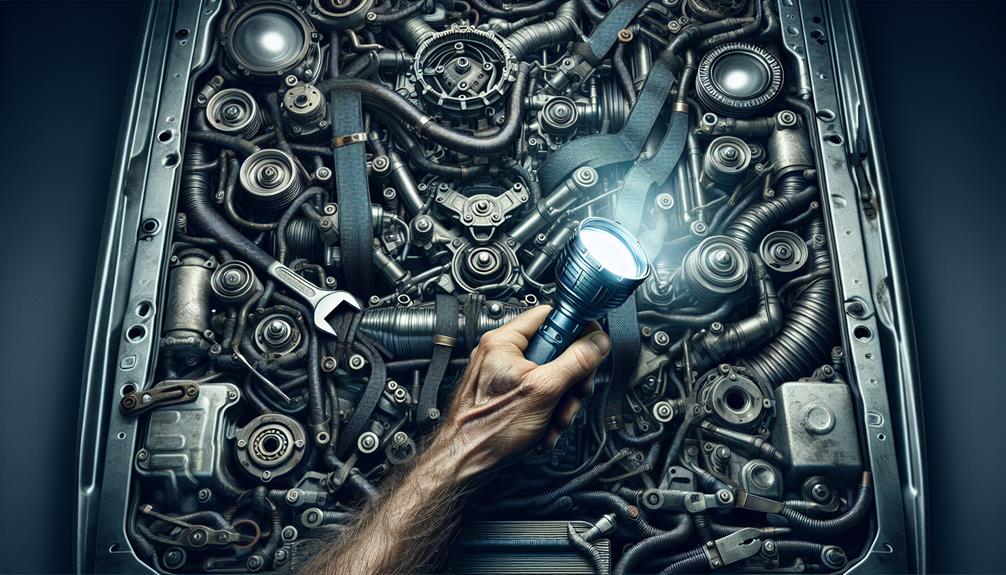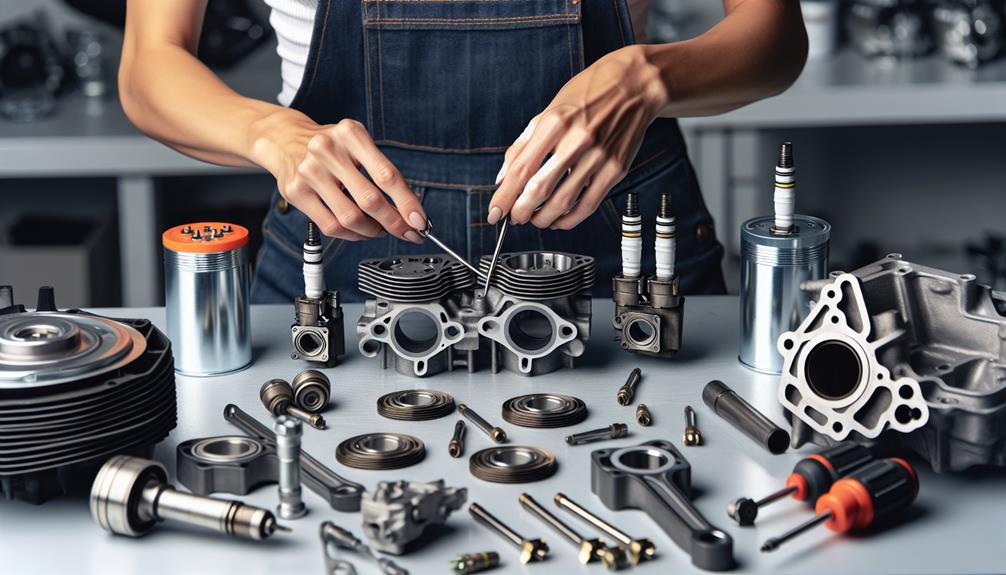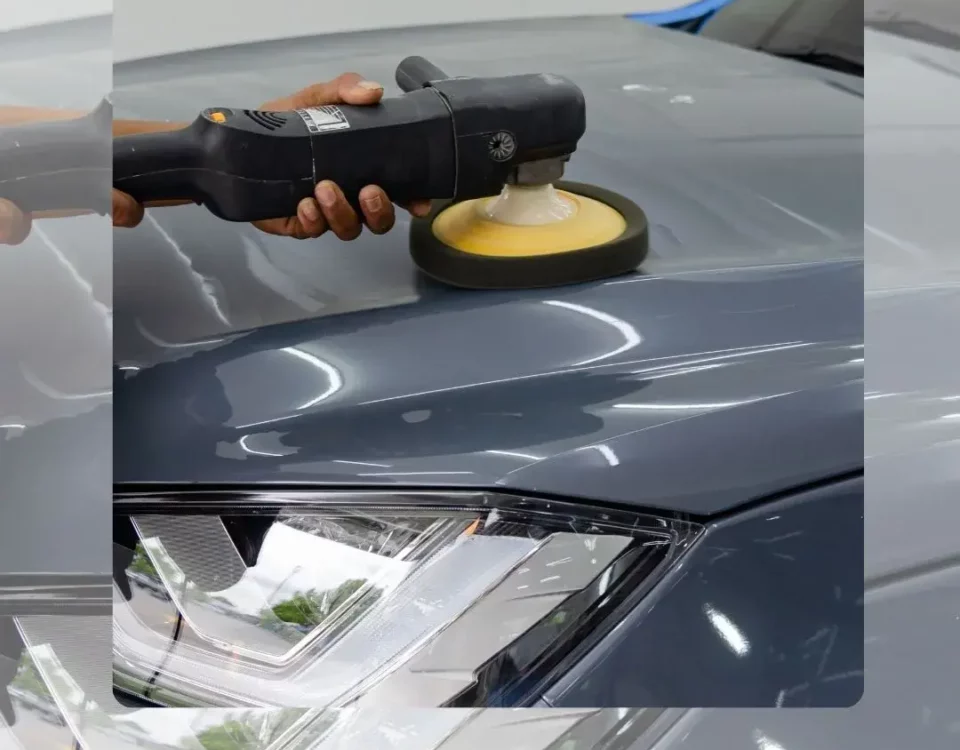
Navigating the Complex World of Engine Components: An Auto Mechanic’s Guide
March 6, 2024
Auto Mechanic Mastery: The Complete Guide to Engine Components
March 6, 2024Just as a finely-tuned symphony relies on the masterful execution of each individual instrument, so too does the performance of an automobile hinge on your understanding of each engine component’s role.
You’re likely already skilled in the basics of auto mechanics, but honing your knowledge of advanced engine components could be the key to elevating your expertise to the next level.
This isn’t just about knowing what each part does; it’s about understanding how they interact, how they affect the vehicle’s overall performance, and how to diagnose and fix complex problems.
This deeper comprehension can transform your work from routine maintenance to a refined craft. Intrigued? Let’s pull back the hood on this advanced knowledge together, and see what makes the engine truly hum.
Understanding Advanced Engine Components
Diving into the complexities of advanced engine components, you’ll find that they’re not only integral to your car’s performance but also require a keen understanding and precise handling. You’ve got to grasp the functionality of each part.
Your pistons, connecting rods, crankshaft, they’re more than just parts; they’re the heart of your engine. When you understand how they work together, you’ll troubleshoot issues more effectively. You’ll know, for example, that a misfire could be due to worn spark plugs, or that a knocking noise might mean trouble with your rod bearings. You’re not just a mechanic; you’re an engine whisperer.
Your knowledge of these advanced components doesn’t isolate you, rather, it makes you part of a community of skilled professionals. Embrace it.
Boosting Skills Through Component Mastery
As you hone your understanding of these intricate engine components, enhancing your technical skills through mastery of each part becomes a crucial step in becoming an expert auto mechanic.
Here’s a concise guide to boost your skills:
1. Practice: Get hands-on experience. Nothing beats actual interaction with engine components.
2. Study: Delve deeper into the theory behind each part. Understand why and how it works.
3. Listen: Pay attention to the sounds an engine makes. Noise can indicate a part’s condition.
4. Ask: Seek advice from seasoned mechanics. Their experience provides invaluable insights.





